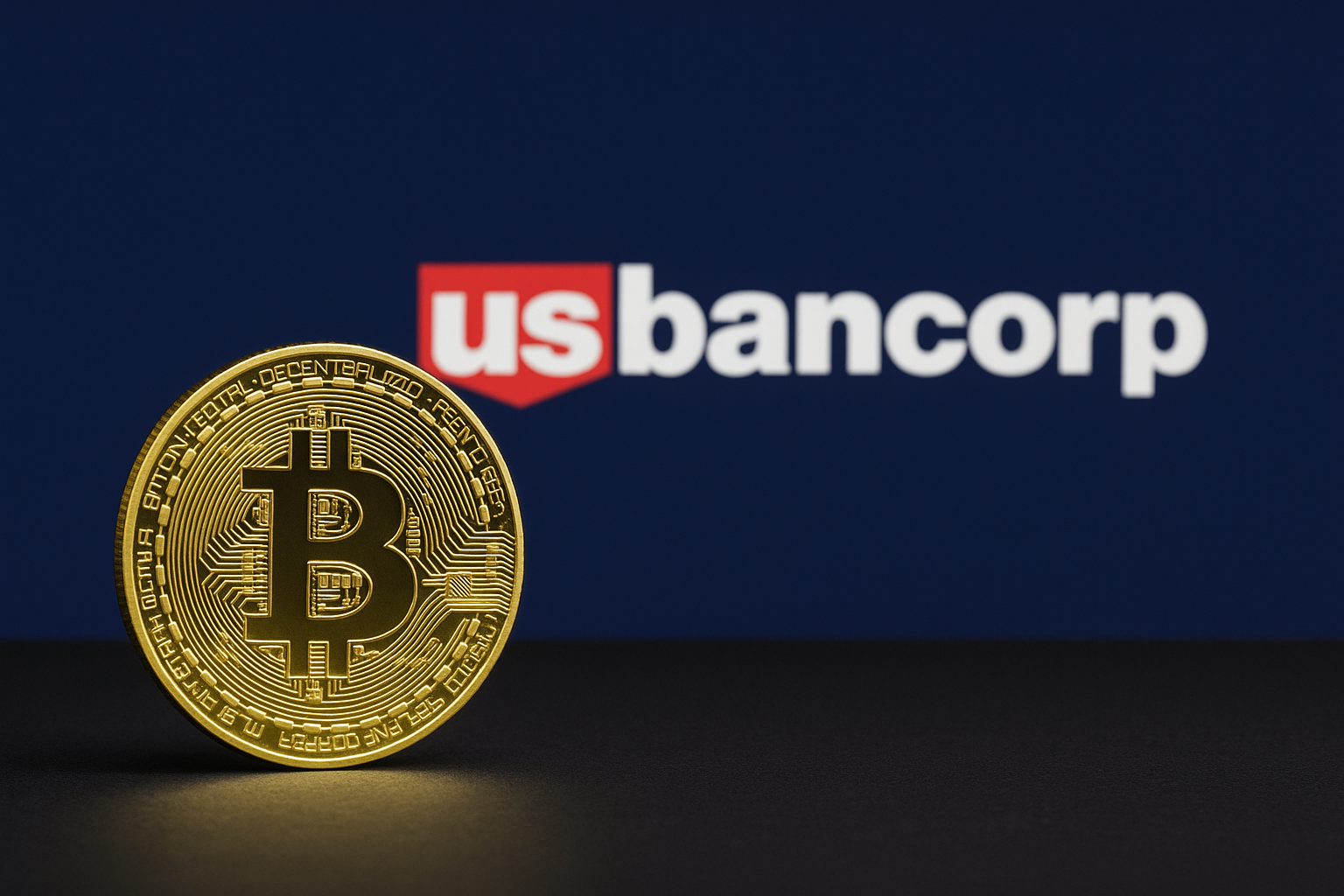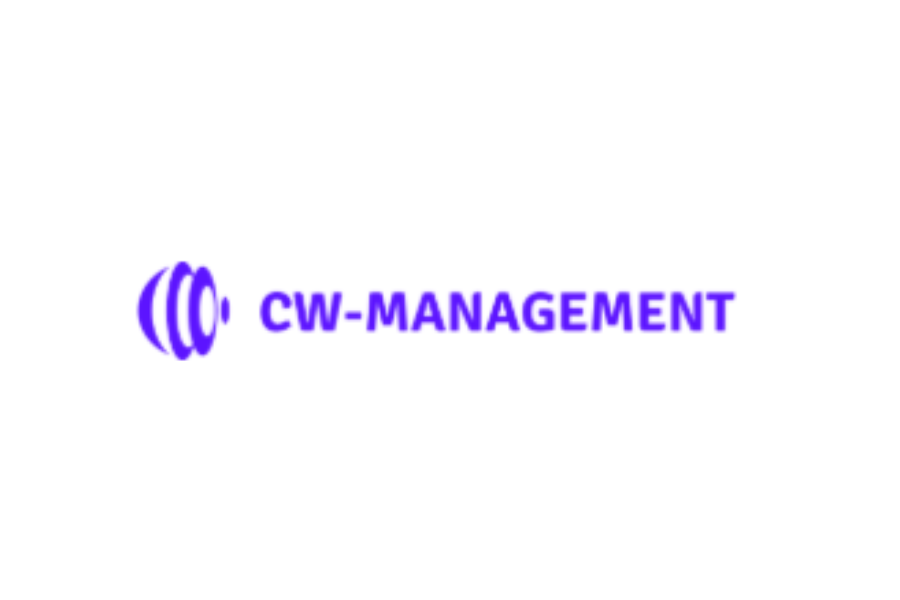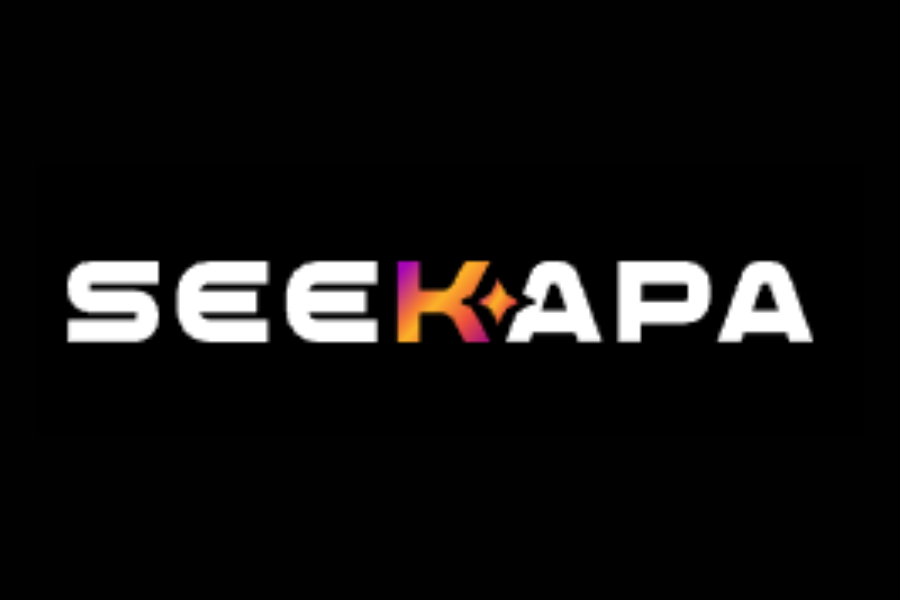Bitcoin
US Bancorp Resumes Bitcoin Custody Services For Institutional Investors

Introduction
US Bancorp has revived its institutional Bitcoin custody service after more than three years of suspension. The decision marks a significant milestone for the banking sector as traditional financial institutions increasingly explore opportunities in the digital asset market. The revival comes at a time when Bitcoin exchange traded funds are rapidly growing, regulatory barriers have eased, and institutional clients are demanding secure and reliable custody services from established banking partners. By relaunching its service, US Bancorp is positioning itself to serve fund managers, private investment firms, and ETF issuers that require a trusted and compliant infrastructure for safeguarding their Bitcoin holdings.
Background Of The Initial Program
US Bancorp originally launched its Bitcoin custody offering in 2021, when demand for digital asset services was rising quickly. The bank targeted institutional clients including registered investment funds and private managers, providing them with the ability to securely store Bitcoin through its custody program. However, this initiative was halted in early 2022 after the United States Securities and Exchange Commission introduced Staff Accounting Bulletin 121. This accounting guidance required banks to treat crypto assets held in custody as liabilities on their balance sheets, a move that dramatically increased capital requirements and made the business unfeasible for most banks. As a result, US Bancorp, along with other traditional institutions, stepped back from digital asset custody at that time.
Regulatory Changes And The End Of SAB 121
The most important factor enabling the revival of the custody service was the repeal of SAB 121. In 2025, the SEC introduced revised guidance known as SAB 122, which eased the capital restrictions on banks holding digital assets for clients. This change significantly reduced the operational burden for financial institutions and reopened the path for banks to provide custody services. The regulatory adjustment not only allowed US Bancorp to resume its offering but also encouraged other traditional banks to re examine their positions in digital assets. The move was widely interpreted as a sign that regulators are now more willing to integrate cryptocurrencies into the existing financial system under structured and transparent guidelines.
Partnership With NYDIG And Service Design
The relaunched custody program is structured around a partnership between US Bancorp and NYDIG, a digital asset firm specializing in institutional Bitcoin services. Under this arrangement, NYDIG functions as the sub custodian responsible for secure storage of the assets, while US Bancorp remains the client facing institution. This structure provides a blend of institutional grade security and the trust that comes from working with a major regulated bank.
The service is designed for institutional investment managers, including registered funds and private investment vehicles. A key addition to the program is support for Bitcoin exchange traded funds, reflecting the explosive growth of ETFs in the digital asset market. By combining traditional banking credibility with specialist digital asset expertise, the program aims to meet the complex needs of professional investors entering the Bitcoin ecosystem.
Executive Perspectives
Senior leaders at US Bancorp have described the relaunch as a strategic step that aligns with both client needs and the bank’s long term vision. Stephen Philipson, who leads wealth, corporate, commercial, and institutional banking at US Bancorp, has emphasized that clients are seeking not only innovative solutions but also the stability and continuity that a bank owned provider can offer. In his view, the relaunch provides clients with additional assurance that their digital assets are being managed in a manner consistent with established banking standards.
Dominic Venturo, the bank’s chief digital officer, has also highlighted the initiative as part of a broader commitment to digital innovation. He described the program as a way to unlock new opportunities for clients and help shape the future of digital finance. From the perspective of NYDIG, the partnership demonstrates how traditional finance and digital asset services can be integrated. The firm’s leadership has stressed that the collaboration ensures Bitcoin access for institutional investors while maintaining the security and compliance expected in regulated financial markets.
Institutional Demand And The Growth Of Bitcoin ETFs
The relaunch comes at a time when institutional interest in Bitcoin has never been stronger. Since the approval of spot Bitcoin ETFs in the United States, major asset managers have entered the market, launching a variety of funds that track the cryptocurrency directly. Some of the largest ETFs have quickly accumulated tens of billions of dollars in assets under management, rivaling established commodity funds such as gold ETFs.
The growth of ETFs has created an urgent demand for reliable custody services. While Coinbase has dominated this space so far, holding the majority of custody contracts for Bitcoin ETFs, the entry of traditional banks like US Bancorp introduces much needed competition and diversification. Fund managers and institutional clients increasingly prefer to work with established banks because they provide additional comfort regarding regulatory compliance, risk management, and operational resilience.
Competitive Landscape And Industry Context
US Bancorp is not alone in its renewed push into digital asset custody. Other major banks such as Citigroup, BNY Mellon, and Fidelity have also launched or expanded services in this area. Each of these institutions is seeking to establish a presence in the growing digital asset market while leveraging their reputations for security and trustworthiness.
Competition is not limited to traditional banks. Crypto native firms like Coinbase, BitGo, and Anchorage Digital remain strong players in custody services. However, the entrance of banks into the field is likely to reshape the competitive dynamics. Clients that have long histories with large banks may prefer to consolidate their digital asset custody under the same umbrella as their traditional financial operations. This trend could accelerate as more banks receive regulatory clarity and integrate digital assets into their existing services.
Implications Of The Relaunch
For fund managers and ETF issuers, the relaunch provides an additional custody option backed by one of the largest banking institutions in the country. This enhances diversification in custody arrangements and reduces reliance on a small number of providers.
For US Bancorp, the move strengthens its reputation as a forward thinking institution that is embracing digital transformation. By entering this market, the bank can deepen its relationships with existing clients and attract new ones from the growing community of digital asset investors. The program also complements the bank’s broader wealth and institutional services division, which already manages trillions in assets under custody and administration.
For the cryptocurrency ecosystem, the decision is another step toward mainstream legitimacy. The participation of banks like US Bancorp signals that digital assets are no longer seen as fringe investments but as part of the regulated financial infrastructure. This trend is likely to continue as more banks enter the market and as client demand expands beyond Bitcoin to include other compliant digital assets.
Regulatory Outlook And Future Prospects
The repeal of SAB 121 and the introduction of SAB 122 have set the stage for a more favorable regulatory environment. Going forward, regulators are expected to refine their approach to digital assets further, providing additional clarity on issues such as stablecoin usage, tokenization of assets, and the treatment of other cryptocurrencies.
US Bancorp’s service may expand in scope as demand evolves. While the current focus is exclusively on Bitcoin, future iterations of the custody platform could include other digital assets that meet regulatory and compliance requirements. The bank’s partnership with NYDIG may also expand to cover services such as trading integration, reporting, and tax solutions for institutional clients.
Conclusion
The relaunch of US Bancorp’s institutional Bitcoin custody service marks a turning point in the relationship between traditional banks and digital assets. After a three year pause, the bank has returned with a strategy that leverages regulatory clarity, strong partnerships, and the surging demand from fund managers and ETF issuers. For institutional clients, the move provides a new source of trust and security in the custody market. For the bank, it represents a bold step toward aligning with the future of finance. And for the broader crypto ecosystem, it underscores the increasing acceptance of Bitcoin within the regulated financial sector.











